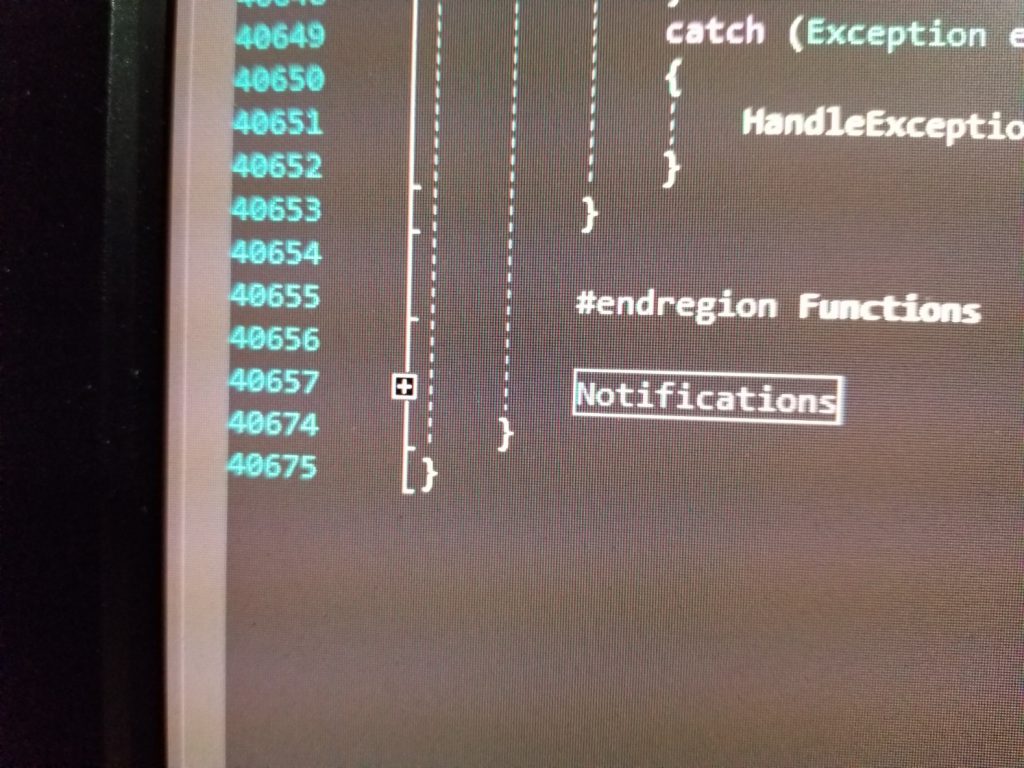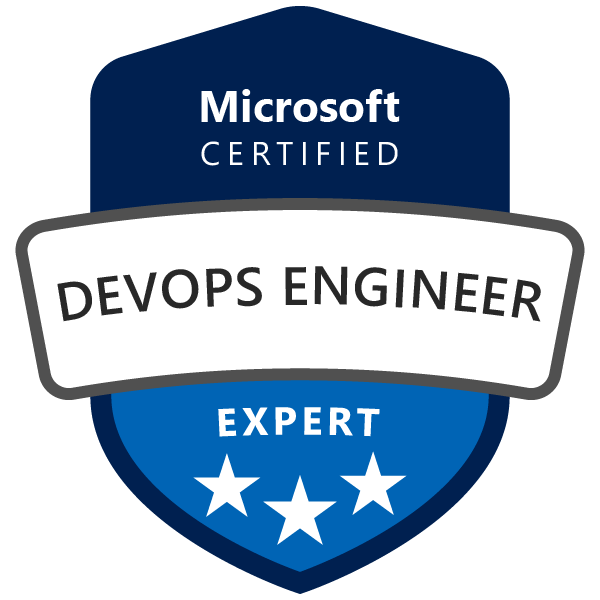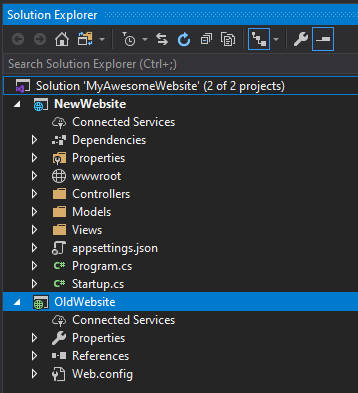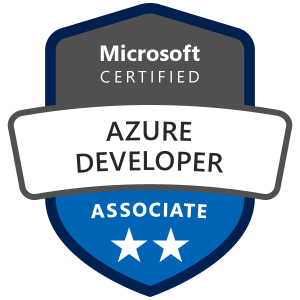Looking back on 2023…
I've never written any kind of post-mortem on the year that was, 2023. So, what did I do in 2023?
Stepped down from my leadership roles at the Houston .NET User Group and the North Houston .NET User Group. I still regularly attend both, but needed a break. Luckily, we've found good stewards at Improving's Houston office and SmartDraw up in The Woodlands. I'll have to put together a talk to give at each one of those in 2024.
I had the bright idea of getting BJSS involved in the CodeLaunch 2023 event in Houston. The Head of Delivery and Software Engineering Capability Lead played an Uno Reverse Card and had me lead BJSS's team. I just wanted the company I worked for to be apart of the event, I wasn't expecting to lead anything. We had the 2nd draft pick and we drafted a company called Drinkicks. Hopefully we provided them some good tech to get them moving forward. It's tough to figure out how to squeeze the output of 24 hours of a hackathon into a ~30 sec demo.
I got "promoted" to Software Engineering Capability Lead for the BJSS - Houston office. I say "promoted" because it's one of those roles where there is no additional compensation, but I can update my LinkedIn profile. Which I did. The role covers a few areas including recruiting (interviewing) prospective candidates, playing matchmaker between client engagements and software engineers already on staff, and helping/encouraging software engineers to upskill themselves (certs, training, etc). So far it's been a good gig.
I served as the meet director for the 2023 USA Powerlifting Summer Power Fest. My wife and I have been running this competition every year except 2020 since the mid 00's. It's been alot of work and fun. It's good to see people who started their powerlifting career at our meet making it to the national and international levels of the sport.
I put together a talk on Command Query Responsibility Segregation (CQRS) for BJSS - Houston's internal Tech Forum event. I think the talk was received well. I'm not a big fan of giving presentations and it's something I definitely should get better at.
I was admitted into the USA Powerlifting Hall of Fame. Some people were paying attention when I was a competitor, coach, referee, meet director, and administrator. It was definitely one of those moments when you stop climbing the mountain and turn around and see how far you've come. I didn't get into the sport for this, but I am grateful USA Powerlifting thought so highly of me.
After the whirlwind of Azure certifications in 2022, I picked up the AWS Cloud Practitioner Certification. It was an easy exam. I just had to map the Azure names to the AWS names.
I planned to pick up the Azure Administrator Associate Certification. However, I ran out of time in 2023 to get it. Pushing this to 2024.
As far as client work goes, I worked for the same client all year. Good, steady pressure to deliver value and plenty of opportunities to contribute to the project beyond just building features and fixing bugs. The team I work with is a blend of the client's employees, BJSS employees, and another vendor's employees. Pretty good team, they just like to talk over each other in our 2 weekly scrum meetings.
In the first half of 2023, I renewed the following certifications:
- Azure Data Engineer Associate
- Azure Security Engineer Associate
- Azure Solutions Architect Expert (I did this one cold turkey.)
- Azure Developer Associate
- Azure Cosmos DB Developer Specialty
- Dev Ops Engineer Expert
In the second half of 2023, I renewed the following certifications:
- Information Protection and Compliance Administrator Associate
- Identity and Access Administrator Associate
- Security Operations Analyst Associate
- Security Administrator Associate (This is the first and last time I'll get to renew this one since Microsoft is retiring the certification. Kind of a bummer because this one was a pain in the ass to get.)
- Cybersecurity Architect Expert
That's a high-level view of what I accomplished in 2023. It feels like things are getting busier in my life and I expect it to continue into 2024. My next post will have a rough plan of what I'll be doing in 2024.



